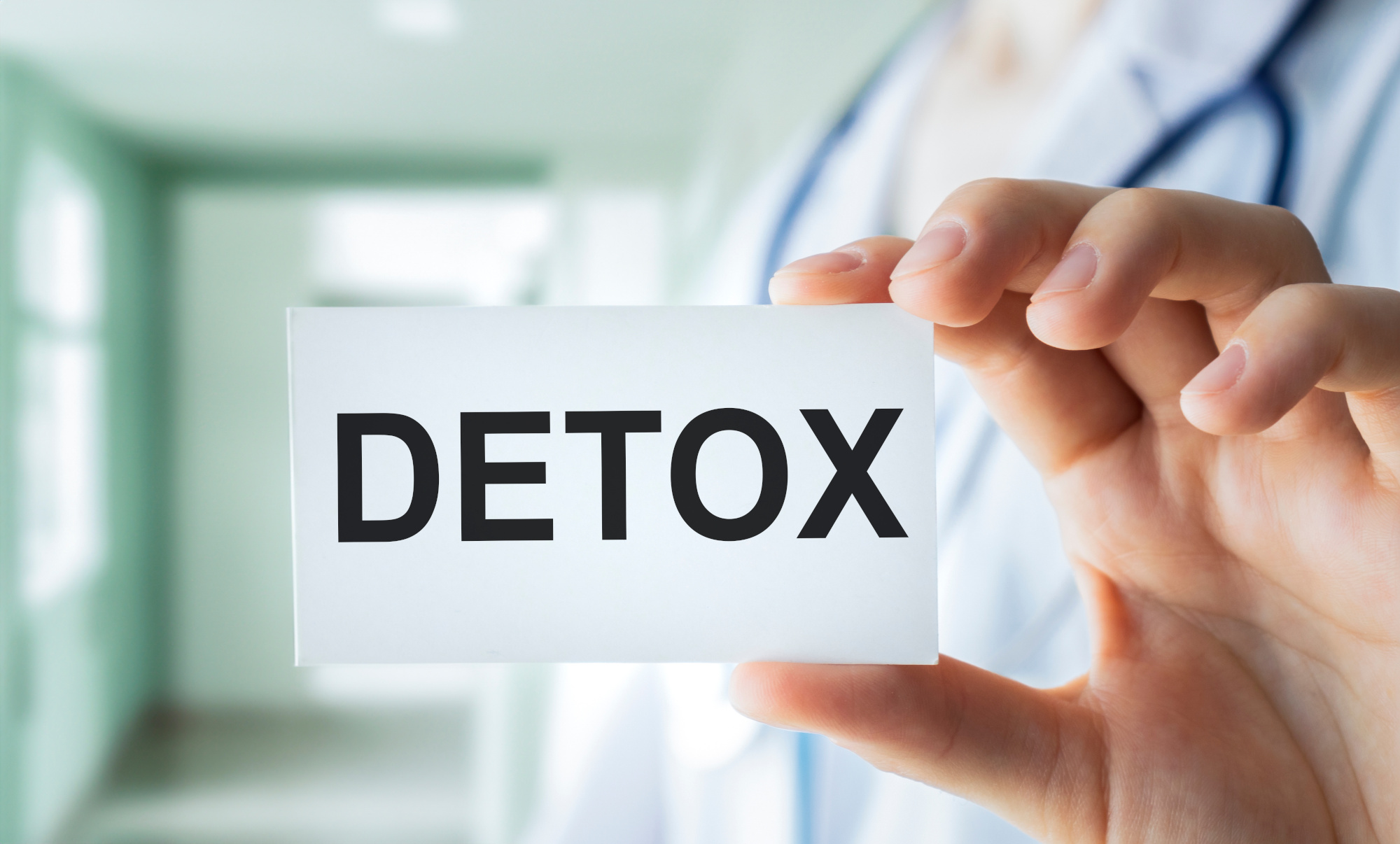At SCRC, we’ve taken countless men through the challenges associated with overcoming alcohol dependence.
We know that alcohol withdrawal and the ensuing detoxification process are significant steps toward recovery. Here, we’ll provide an in-depth description of what to expect during this critical phase. If you’re wondering how long to detox from alcohol, or you’re looking for help finding a local detox, keep reading.
The Importance of Alcohol Detox
Detoxification from alcohol is a pivotal phase in alcohol withdrawal, and it typically begins the recovery process. The detox period is the body’s way of eliminating toxins accumulated from prolonged alcohol use. For individuals with a history of heavy drinking, withdrawal symptoms can begin within hours of the last consumption, which is why they usually need a structured and medically supervised detox program.
Alcohol Withdrawal Symptoms

When Does Alcohol Withdrawal Start?
Those with a history of abusing alcohol can experience withdrawal symptoms that manifest as early as six hours post-drinking. These may include anxiety, shaking, nausea, and insomnia, escalating in severity depending on the duration and intensity of alcohol misuse.
Alcohol Withdrawal Symptoms Experienced During Detox
These range from very mild symptoms of anxiety and shakiness to severe complications like seizures and delirium tremens (DTs). The intensity of these withdrawal symptoms is often a reflection of an individual’s drinking history.
What Causes Alcohol Withdrawal?
Alcohol withdrawal symptoms arise due to the nervous system’s reaction to the absence of alcohol. Prolonged alcohol exposure alters the nervous system and brain chemistry, and sudden abstinence forces the body to adjust, resulting in withdrawal symptoms.
Medications Used During Alcohol Withdrawal Syndrome
Medications play a crucial role in managing alcohol withdrawal symptoms (also known as alcohol withdrawal syndrome), as they’re often used to reduce anxiety and risk of seizures. Each patient’s medication plan is tailored to their specific needs, ensuring a safer and more comfortable detox process and less intense withdrawal symptoms.

How Long Does it Take to Detox From Alcohol?
The alcohol detox phase timeline varies, with the acute alcohol withdrawal phase typically lasting from a few days to a week. However, some symptoms, like changes in mood and sleep patterns, can persist for weeks or months.
Factors That Influence a Detox Timeline
The duration of alcohol use, consumption levels, and individual health conditions can influence the detox timeline. It’s important to undergo a thorough assessment to understand the specific needs and challenges of each individual in alcohol withdrawal.
Typical Treatments
Detox treatments range from medication-assisted therapies to support groups and counseling. The goal is to manage and experience alcohol withdrawal symptoms and side effects while addressing the psychological aspects of addiction.
When To Seek Help for Alcohol Addiction
It’s crucial to seek professional help when considering stopping alcohol use, especially for those with a history of substance abuse or heavy drinking. Withdrawal can be dangerous and even life-threatening without proper medical supervision. If you’re looking for a detox near you, reach out to us at SCRC and we can help you find one.
What is the Long-Term Outlook for Alcohol Withdrawal?
The long-term outlook for individuals who have gone through alcohol withdrawal is cautiously optimistic, with many experiencing a significant improvement in their health, well-being, and overall quality of life. Outcomes significantly improve with early and comprehensive treatment, and successful management of the withdrawal phase is a critical first step toward recovery from alcohol dependency.
Continued Recovery and Rehabilitation
After the initial detoxification period, continued participation in rehab programs significantly enhances the long-term outlook. Rehabilitation can include therapy, counseling, support groups, and sometimes medication-assisted treatment. These interventions are designed to address the psychological aspects and symptoms of alcohol withdrawal and addiction, helping clients develop coping strategies, improve emotional regulation, and build a supportive network.
Health Improvements
It goes without saying that long-term abstention from alcohol consumption or significant reduction in alcohol intake can lead to substantial health improvements. These include reduced risk of chronic diseases such as liver disease, cardiovascular disease, and certain cancers. Mental health can also improve, with reductions in symptoms of depression, anxiety, and other mental health disorders often associated with heavy drinking.
Quality of Life
A significant benefit of overcoming severe alcohol withdrawal symptoms and maintaining sobriety is the marked improvement in quality of life. Individuals often experience better relationships with family and friends, improved work performance, and greater enjoyment of activities and hobbies that were previously neglected due to alcohol use.
Risk of Relapse
It’s important to acknowledge that there’s always the risk of relapse. Relapse is considered a part of the recovery process for many, and it often serves as a learning opportunity to identify triggers and refine coping mechanisms. Ongoing support and treatment are essential in minimizing relapse risk and helping individuals return to their recovery path if a relapse occurs.
The Role of Support Systems
The presence of a strong support system, including family, friends, and peer support groups, plays a crucial role in long-term recovery. These support networks offer encouragement, understanding, and accountability, which are vital for maintaining sobriety.
Long-term recovery also often requires ongoing professional guidance. This might include regular check-ins with addiction counselors, participation in therapy, and, in some cases, continued medication management. These professional services provide tailored support to address the evolving challenges of recovery.
The Importance of Professional Help
Attending medical detox not only ensures safety during the alcohol withdrawal process, but also lays the foundation for long-term recovery. A comprehensive treatment plan addresses both the physical and psychological aspects of addiction.
Ready to get started? Reach out to our admissions team and we’ll help you find a detox in your area that can help get you on the right track.
Southern California Recovery Centers
Southern California’s Premier Outpatient Addiction Recovery Center
FAQs
The liver metabolizes alcohol at a consistent rate, but the time to detoxify entirely depends on various factors, including the amount of alcohol consumed and individual health conditions.
Alcohol can be completely metabolized within 24 to 72 hours after the last drink, but the psychological effects may linger longer.
Cravings can persist for weeks, months, or even years, depending on individual recovery journeys and the support systems in place.
Medically supervised detox is the safest way to prevent severe withdrawal symptoms, coupled with a comprehensive treatment plan.
Initially, the body undergoes acute withdrawal symptoms, but over time, physical and mental health improves significantly as the body recovers from the effects of alcohol.
Symptoms related to liver detoxification can vary; some individuals may experience discomfort for a few days, while others may have symptoms for a longer period.



